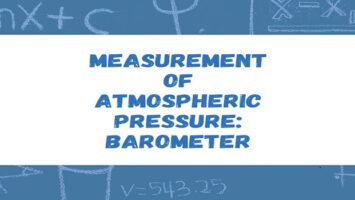Hysteresis Loss:
According to the molecular theory of magnetism groups of molecules acts like elementary magnets, which are magnetized to saturation. This magnetism is developed because of the magnetic effect of electron spins, which are known as ‘domains’.
When the material is unmagnetized, the axis of the different domains are in various direction. Thus the resultant magnetic effect is zero.
When the external magnetomotive force is applied the axes of the various domains are oriented. The axes coincide with the direction of the magnetomotive force. Hence the resultant of individual magnetic effects is a strong magnetic field.
When a magnetic material is subjected to repeated cycles of magnetization and demagnetization it results into disturbance in the alignment of the various domain. Now energy gets stored when a magnetic field is established and energy is returned when the field collapses. But due to hysteresis, all the energy is never returned though the field completely collapses. This loss of energy appears as heat in the magnetic material. This is called as hysteresis loss. So a disturbance in the alignment of the various domains causes hysteresis loss to take place. This hysteresis loss is undesirable and may cause undesirable high-temperature rise due to the heat produced. Due to such loss overall efficiency is also reduced.
Such Hysteresis loss depends on the following factors:
- The hysteresis loss is directly proportional to the area under the hysteresis curve i.e. area of the hysteresis loop.
- It is directly proportional to frequency i.e. number of cycles of magnetization per second.
- It is directly proportional to the volume of the material. It can be shown that quantitatively the hysteresis loss in joules per unit volume of the material in one cycle is equal to the area of the hysteresis loop.








Comments (No)